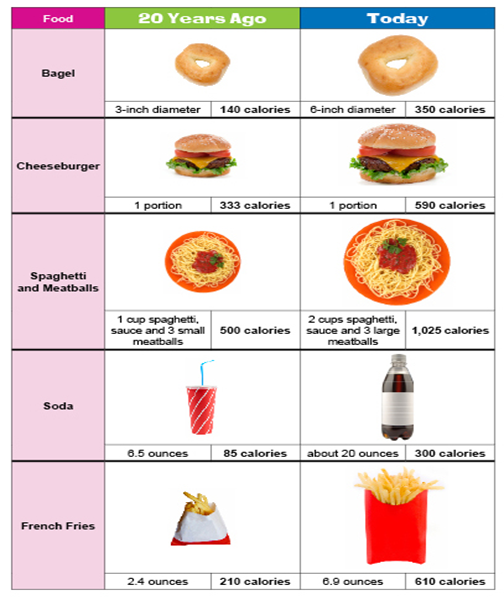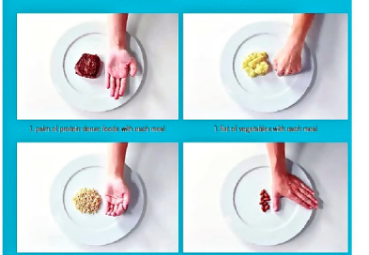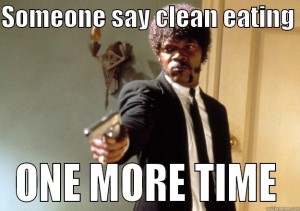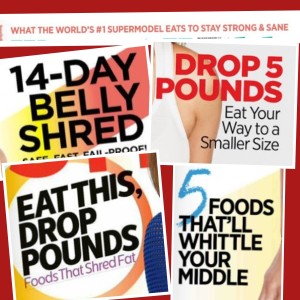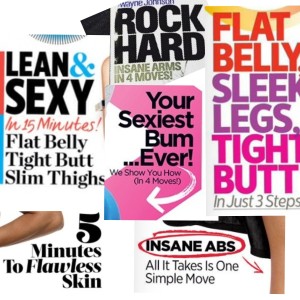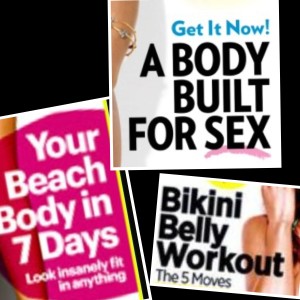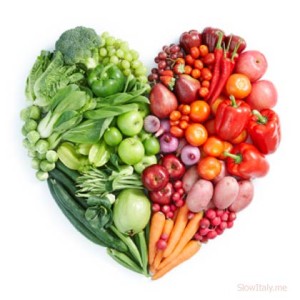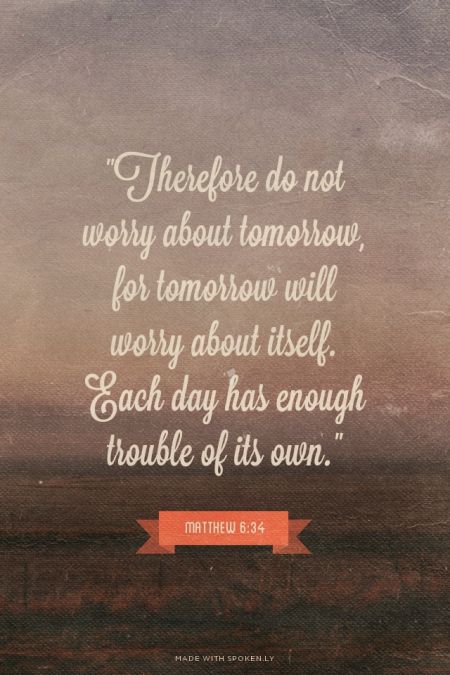Our most powerful motivator
Later on I was still thinking about that answer, but I wondered if reality was really the problem or if it’s our perception of reality. It’s no secret that most of us perceive health & fitness in a pretty negative way, or in the very least, not as positively as it’s unhealthy counterparts.
My mentor Jill Coleman just wrote an excellent little fb post the other day on this:
Aaand … I would wager that person #2 is setting themselves up for long-term success because contrary to popular belief, self-compassion doesn’t condone behavior, it promotes adherence.
How you view the process and how you see yourself are the most powerful motivators on earth.”
Look, I totally get the negative perception around health and fitness. We’ve all got busy lives and the fact is that there are plenty of things that are a lot more fun and interesting to focus on than our health. Especially with the media putting it into such a small, all-or-nothing, perfection-attaining, looks and deprivation-based box…..let’
But the reality is that our health is something that demands attention. How we view it and treat it willaffect our lives. Like it or not, your health is something that must addressed. And it all starts with your mindset.

So that’s where we start…..
Perception #1. A healthy lifestyle is too challenging.
Truth: No matter what kind of lifestyle you choose, there will always be challenges. Being overweight isn’t easy! Working out isn’t easy! Not being able to stop eating isn’t easy! Discipline isn’t easy! Challenge is unavoidable in this life, but at least we can know that God gives it to us for our good. (Hebrews 12:6 &10-11) Challenges are what sanctify us, keep our eyes on Jesus, and make us stronger.
**We will never avoid challenge in this life. Instead of praying for an easier life, pray to make yourself stronger.*
Perception #2. The only reason to get healthy is to look better.
Truth: There are so many great things about being healthy! You get to keep up with your kids. Be a good role model to your kids. You feel better, have more energy, and get better sleep. You get the benefit of improved cognitive abilities like memory, creativity, problem solving, etc. You have the ability to do and experience more things. It prevents many diseases. Improved mood/anti-depressant. The list goes on, but most of us just get hung up on our physique.
***When you look at all these things, doesn’t physique change seem kinda small? I’m not trying to poo-poo it, just offering some perspective (especially because for most people, when it comes down to it, it’s not actually a very powerful motivator in the end.) Even if you’re body never changes, wouldn’t the above benefits still be worth it??
Perception #3. If I can’t do it perfectly, I may as well not even try.
Truth: I know I talk about this a lot but perfection is a perception killer. If we think we have to be perfect, it will quickly lead to guilt and self-hate because we’ll never be able to achieve it. 30 days of being “perfect” is nothing compared to being consistent in even a few smaller things for a year! Be kind to yourself. Be patient with yourself. Allow good to be good enough, friends.
Perception #4. I want to be healthy, but I honestly just hate working out and “healthy food”
Truth: Earlier I talked about the tiny box that most of us put fitness and nutrition in. I used to think in terms of that tiny box myself. It had to be this much time in the gym and I had to only eat these things and I had to get rid of all the fat on my body before I looked “good”….even though, I loved all the benefits I was getting, it still felt like a burden. This is the kind of thinking that will run your motivation right into the ground.
FORGET. THE. BOX.
Getting healthy should enhance your life, not burden it!! If it’s not doing that, then something needs to change. Health is actually a great big world with many outlets and options that can fit into your life with only a few small changes. It’s not about weight lifting and chicken and broccoli. If you like that stuff, that’s great. But it should be more about moving and feeding and treating your body in a way that allows it to function at it’s best…. however that looks for you! (Side note: 30 day cleanses and running yourself into the ground in the gym DO NOT accomplish this.)
**Don’t settle for food and exercise that you hate!! For example, here are 25 Ways to Exercise Without “Working Out”. 🙂
You’ve only got this one life, so you might as well have some fun and enjoy it. Mindset is everything. Get that right and the rest will follow!
“Never give up on a dream because of the time it will take to accomplish it.
The time will pass either way.”
~Earl Nightingale
If you’d like more of my best tools and insights, sign up below.

